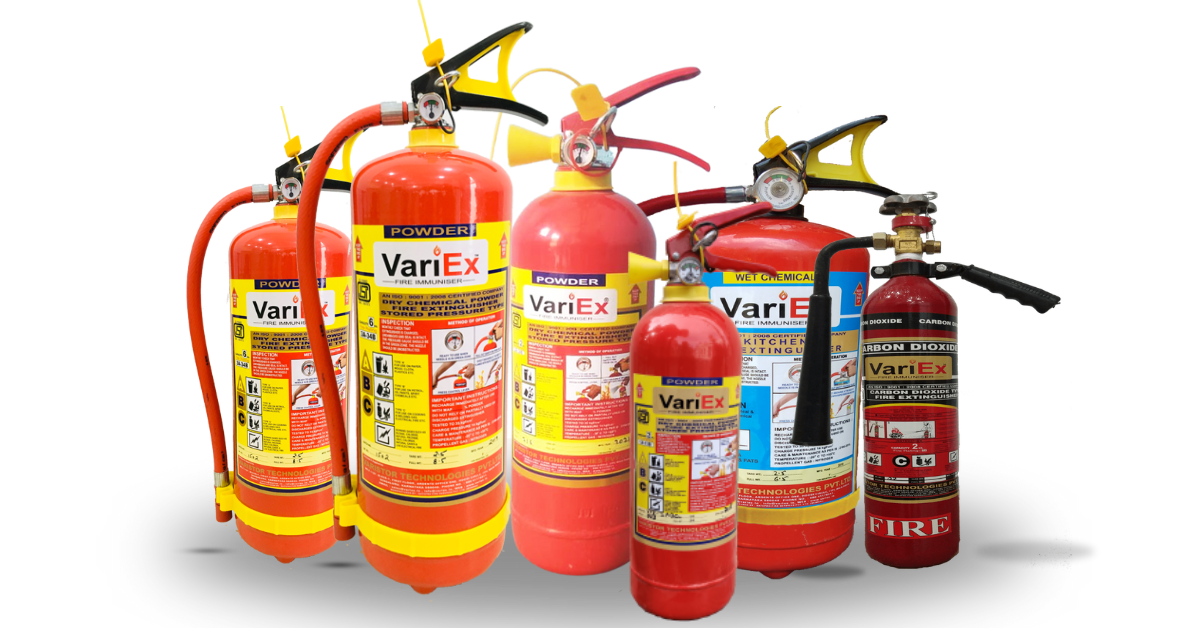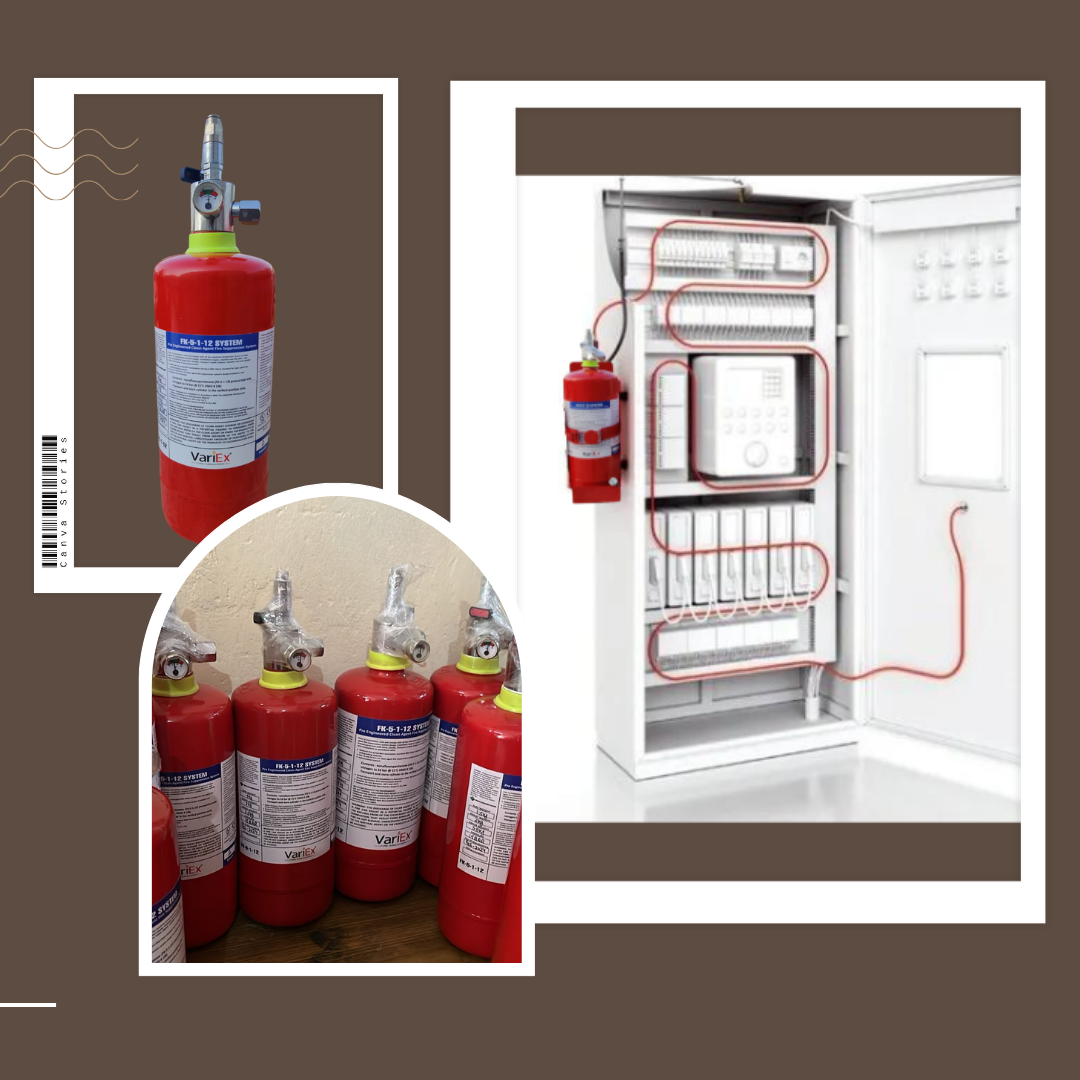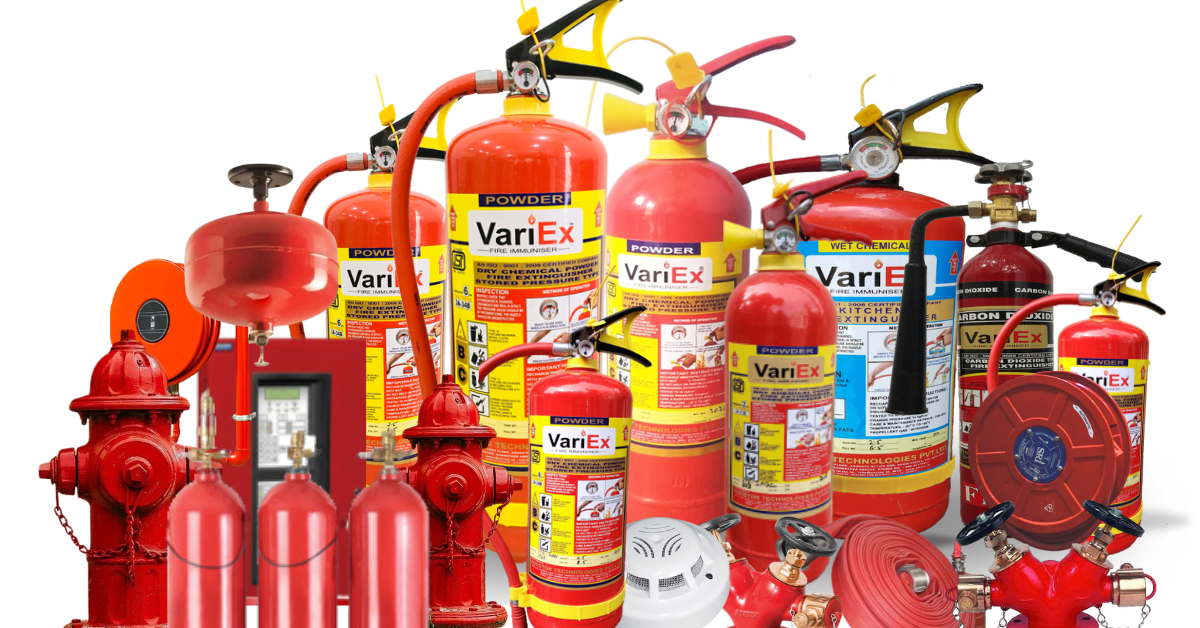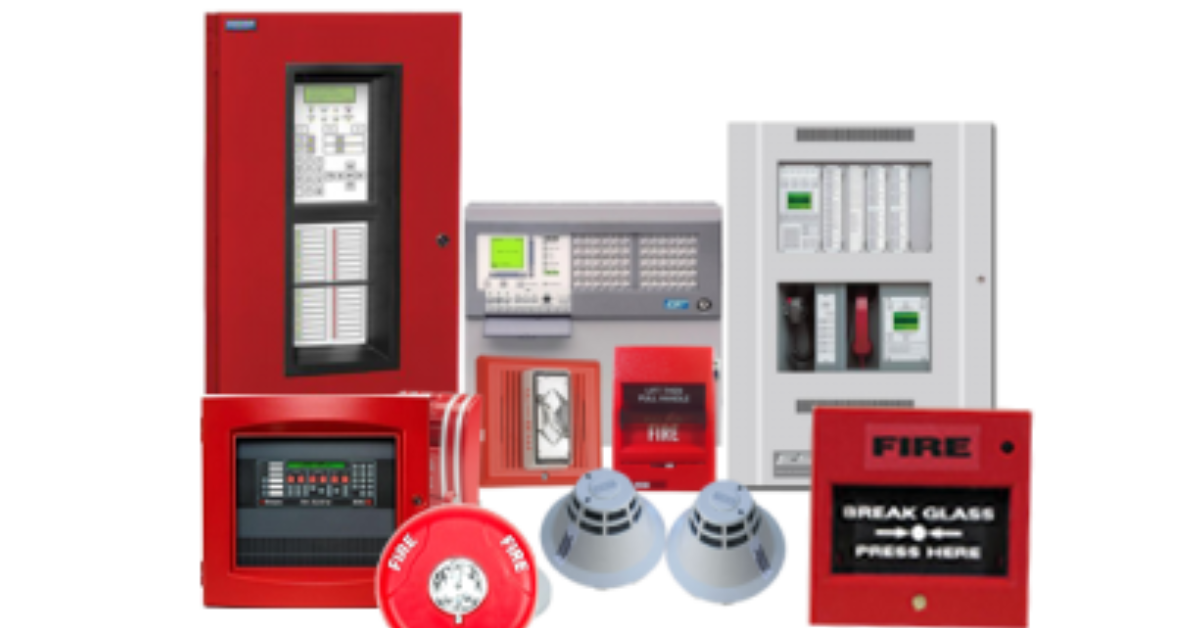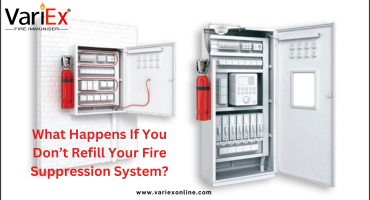![]()
Fire Immuniser
+91-7829629111
Email: info@variex.in
Varistor Technologies Pvt. Ltd.
Block-1, First Floor, Ardente Office One, Hoodi Circle, ITPL Main Road, Bengaluru, Karnataka 560048, IN
Is Fire Alarm System Required
Is Fire Alarm System Required
Fire, an unpredictable and potentially disastrous event, can wreak havoc not just on property but lives as well. It is, therefore, imperative to have measures in place to ensure the safety and protection of people and possessions. One crucial component of fire safety measures is a fire alarm system. A persistent question asked by many facility owners and managers is: "Is a fire alarm system required?" This article will delve into the subject and provide comprehensive information, to help readers understand the importance of fire alarms.
What is a Fire Alarm System
A fire alarm system, fundamentally, is a device that detects and alerts people when smoke, fire, or carbon monoxide are present in a building. These systems vary in complexity and functionality, ranging from smaller, simpler setups in residential homes to sophisticated networks in commercial and industrial contexts.
The system typically includes detection devices, like smoke detectors and heat sensors, alerting devices, like alarm sounders and strobe lights, and a control panel. When activated, the system not only alerts occupants but can also trigger action from emergency services.
The Importance of Fire Alarm Systems
Fire alarm systems are an essential part of safety infrastructure for several reasons. Firstly, they can save lives by providing early detection and warning of a dangerous situation, giving people more time to evacuate the building. Secondly, early detection could potentially lead to a smaller, more manageable fire, leading to less damage to the property. Thirdly, in many municipalities and industries, the presence of a functioning fire alarm system is a legal requirement under fire safety codes and insurance rules.
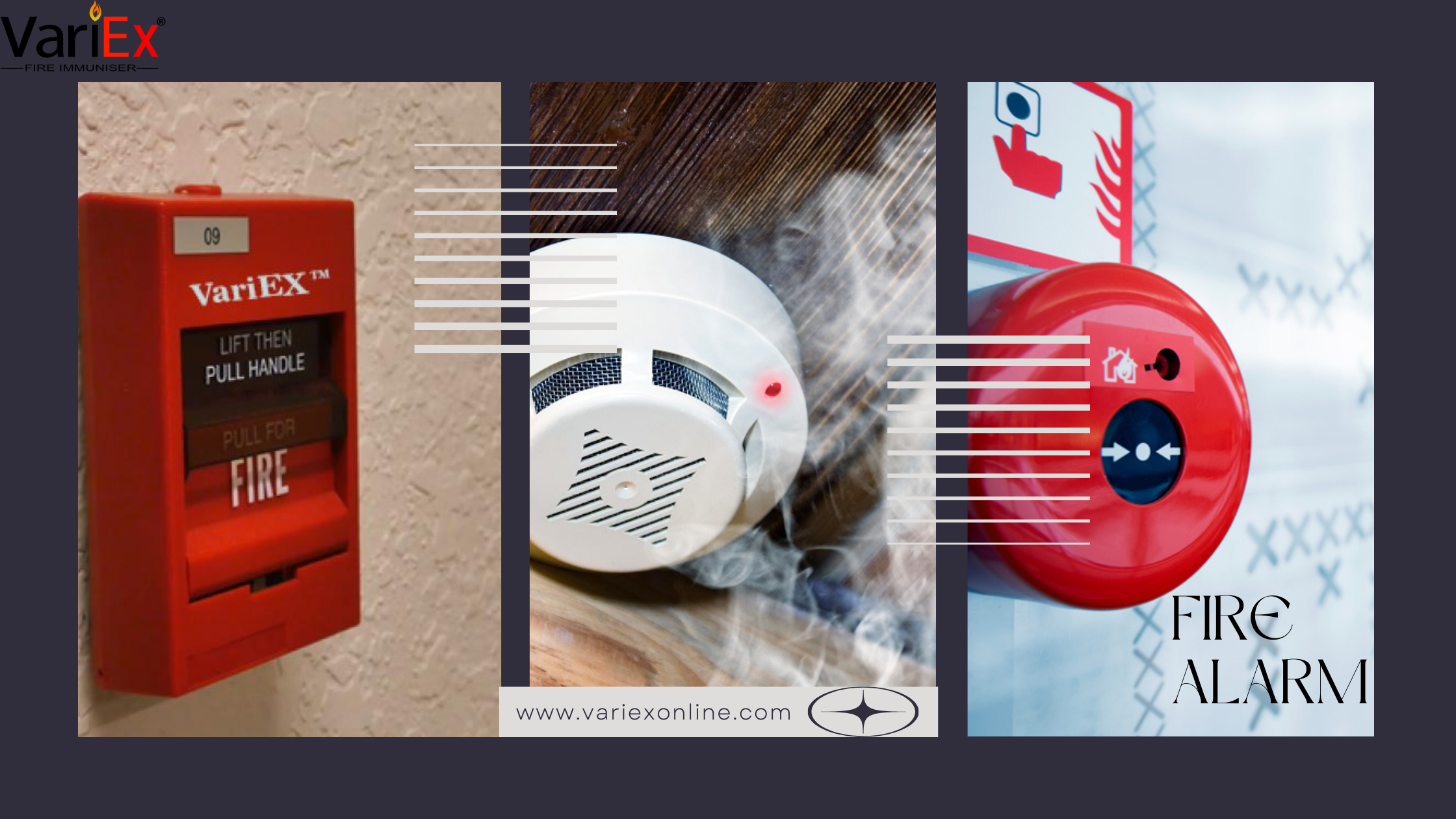 Legal Requirement for Fire Alarm Systems
Legal Requirement for Fire Alarm Systems
The requirement for fire alarm systems largely depends on local codes and regulations. For instance, in the United States, the National Fire Protection Association (NFPA) has laid out detailed guidelines that dictate the terms and conditions where fire alarm systems are mandated. NFPA 72, the National Fire Alarm and Signaling Code, contains the specific requirements for the application, installation, performance, and maintenance of fire alarm systems.
Certain factors, like the type of occupancy, the number of occupants, the size and layout of the building, can determine the need for a fire alarm system. In general, commercial and public buildings or residential buildings with multiple units are required to have a fire alarm system installed. Similarly, in many regions, new construction and major renovations must include a fire alarm system as part of their design.
Insurance Considerations
Aside from the legal obligations, there are also insurance considerations to factored in. Many insurance companies stipulate a functioning fire alarm system as a condition for providing coverage. Insurers are likely to offer better terms or discounts on premiums to property owners who have an adequate fire alarm system in place. Conversely, the absence or malfunctions of a fire alarm system may lead to an increase in premium or even a denial of claim in the event of a fire.
Peace of Mind with Fire Alarm Systems
Beyond the legal and financial factors, there's an essential element of peace of mind provided by fire alarm systems. They assure that if a fire breaks out, there will be a prompt alert, providing the best chance of survival and minimal damage. Occupants feel safer knowing the property is equipped with a system that can promptly warn them before a fire becomes severe.
Proper Maintenance of Fire Alarm Systems
It's worth noting that simply having a fire alarm system installed isn't enough. The system must be properly maintained and tested regularly to ensure its functionality when needed. Dead batteries, dust accumulation, and technical errors can render the most advanced systems useless. Therefore, having a regular maintenance schedule for the fire alarm system is just as important as installing it.
Conclusion
So, is a fire alarm system required? The direct answer is often "yes." The necessity for a fire alarm system often extends beyond just being a legal requirement. It brings potential insurance benefits and, most importantly, ensures the safety of the occupants. Having a reliable and well-maintained fire alarm system in place can make the difference between small, manageable fires and large, destructive ones. By taking the responsibility of ensuring the presence and function of these systems, property owners, and managers can significantly reduce the risk of fire-related damages and losses, ultimately safeguarding lives and assets.
Explore our products Range
Final Say
At VariEx.in and VariexOnline.com, we specialize in supplying and installing top-quality fire fighting systems and equipment. From fire extinguishers to advanced suppression systems, we offer comprehensive solutions tailored to your needs. Our experienced team ensures precise installation and maintenance for optimal safety.
Trust VariEx for reliable fire protection. Contact us online or call 7829629111 to learn more.
"WHAT YOU CAN READ NEXT"
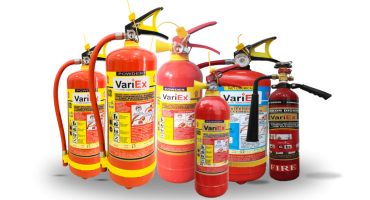 Read more +24 November 2023 in Fire Extinguisher
Read more +24 November 2023 in Fire ExtinguisherWhat types of fire extinguishers are available for different fire classes?
 Read more +11 April 2025 in Fire Suppression
Read more +11 April 2025 in Fire Suppression




